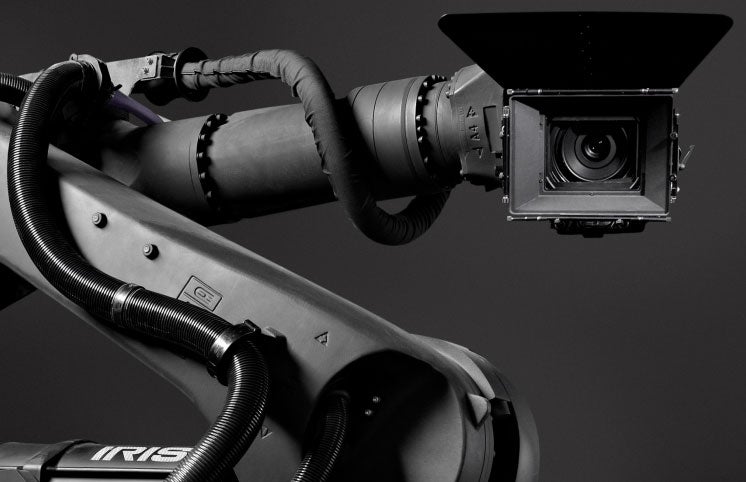The Independent's journalism is supported by our readers. When you purchase through links on our site, we may earn commission.
Here come the bots: meet the seven types of robot that Google has purchased
Robots that carry, sort and see; Google has bought some real talent to kickstart its new division aimed at automating manufacturing and supply chains

Your support helps us to tell the story
From reproductive rights to climate change to Big Tech, The Independent is on the ground when the story is developing. Whether it's investigating the financials of Elon Musk's pro-Trump PAC or producing our latest documentary, 'The A Word', which shines a light on the American women fighting for reproductive rights, we know how important it is to parse out the facts from the messaging.
At such a critical moment in US history, we need reporters on the ground. Your donation allows us to keep sending journalists to speak to both sides of the story.
The Independent is trusted by Americans across the entire political spectrum. And unlike many other quality news outlets, we choose not to lock Americans out of our reporting and analysis with paywalls. We believe quality journalism should be available to everyone, paid for by those who can afford it.
Your support makes all the difference.Google has recently announced the existence of a previously secret robotics division, which has been kickstarted by the acquisition of seven American and Japanese companies in recent months.
Although the search giant hasn’t revealed many details about their future plans for the robots, looking at the companies they have purchased affirms what we do know: these won’t be robots fpr the consumer but will be instead focus on automating manufacturing and the supply chain.
Their flagship bot is the M1 Mobile Manipulator, comprised of a torso, head, arms and hands. Their goal is to build “human-safe, human-soft, and human scale robot technologies that will enable the robots of tomorrow to work alongside people in the home and the workplace”. Their research encapsulates both dextrous robotic arms and robot faces that are capable of ‘socialising’ with humans.

Dedicated to building the “new generation of robot arms” that will aid in manufacturing, Redwood Robotics’ expertise overlaps substantially with Meka Robotics. This is no surprise as the company is actually a joint venture between Meka and two other US robotics companies – Willow Garage and SRI International. The latter company is actually a non-profit research institution and have been around since the 1970s. Their most notable success has been pioneering the uses of robots in surgery.
As the name suggests, Industrial Perception is mostly interested in how robots can see and describe themselves as the “leader in 3D vision-guided robot technology.” Their flexible robotic eye-and-arm (above) may be slower than a human worker, but it can sort and move packages tirelessly.
Although the robots that work on manufacturing on lines could accidently crush a soft human, most human-sized bots are actually fairly weak, perhaps one tenth the strength of a human. Japanese company Schaft have been working on fixing this problem, creating a new sort of water-cooled motor that can make for strong robots that don’t compromise on strength.
Their robots move as smoothly as butter and you’ve probably seen their handiwork before. Bot & Dolly’s creations look similar to Industrial Perception’s but they specialise in filming, offering directors the chance to create shots that flow like liquid. Their most recent outing was for the critical smash Gravity, though this short film is an entrancing introduction to their work.
Holomni are the most mysterious of the seven, with their website (essentially a template) only revealing that they build “powered caster modules” to create “holonomic omnidirectional vehicles”, essentially meaning very manoeuvrable robots. As robotic skills go, this is essential for managing large warehouses and Holomni's unnmaed creations sound similar to the Kiva robots used by Amazon (see video above).
Join our commenting forum
Join thought-provoking conversations, follow other Independent readers and see their replies
Comments